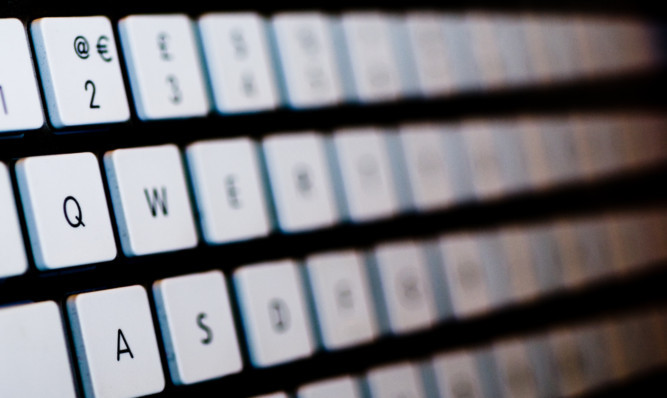Workers are more concerned about losing their internet connection at home than having no heating or water, a study suggests.
Nearly 40% of people believe their stress levels would be higher if they were unable to surf the web than if basic utilities were cut off or their televisions stopped working.
Only 4% of London-based commuters said they did not need the internet at all.
The report’s findings suggest Britons have become more reliant on online services than ever.
Last year 17% of those questioned claimed they could not live without an internet connection. The figure now stands at 27%, the study found.
Meanwhile, a quarter of those surveyed said they could only last 24 hours without a home connection.
The poll of 1,000 London commuters revealed that 38% would prefer to lose other utilities than see their internet go down.
Around 32% said they would be most worried if they had no water while some 18% claimed a lack of heating would cause them greatest stress.
Claire Sellick, of information security trade show Infosecurity Europe, said: “Having internet connection is part and parcel of our everyday lives, becoming more important than even heat and water at home, which does seem phenomenal but shows just how dependent we are on the internet.
“Considering that so much information now passes over the internet, both in our private and corporate lives, now more than ever it’s important to consider how you access this information and how you go about protecting your most sensitive data.”
The study, commissioned by Infosecurity Europe, was carried out in London last month.
